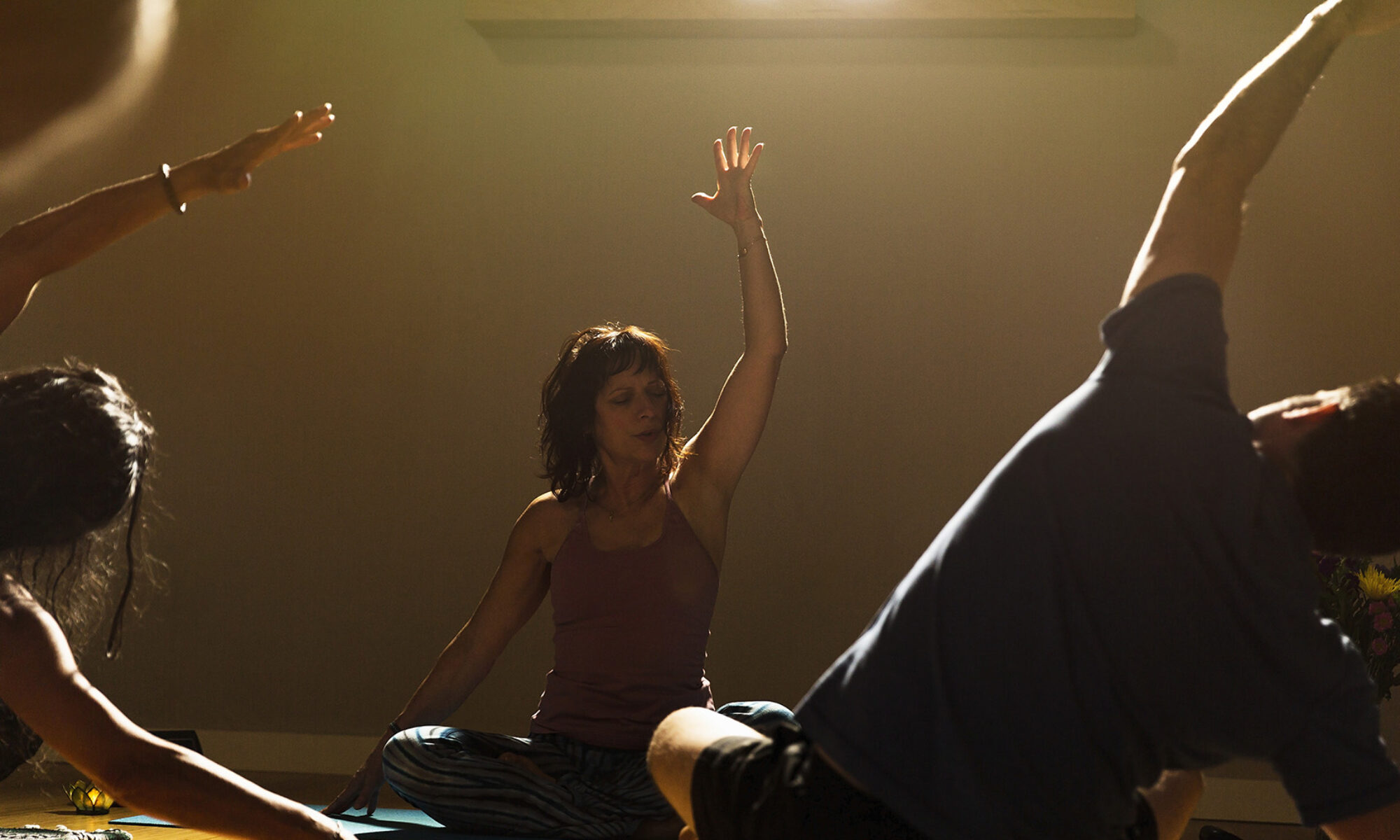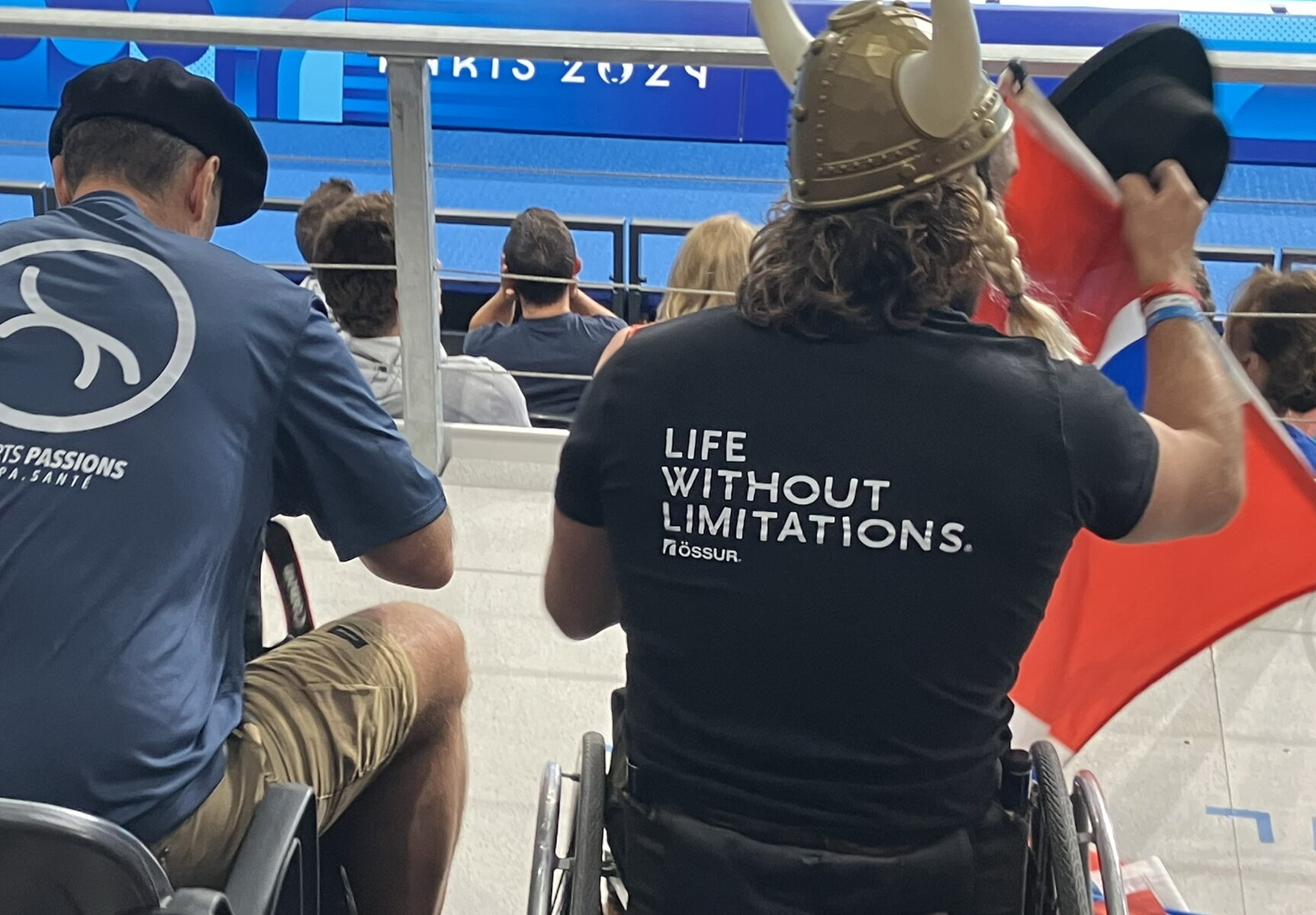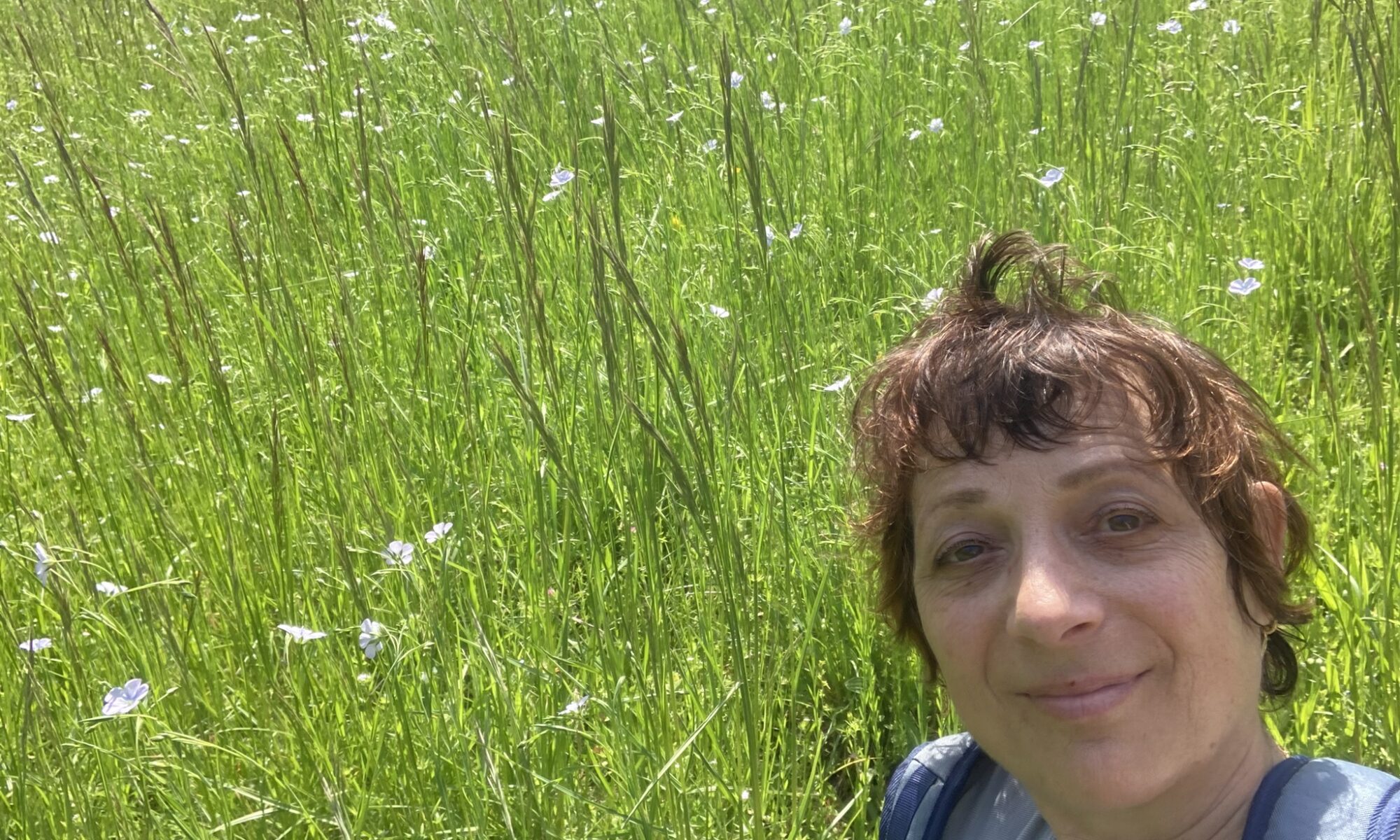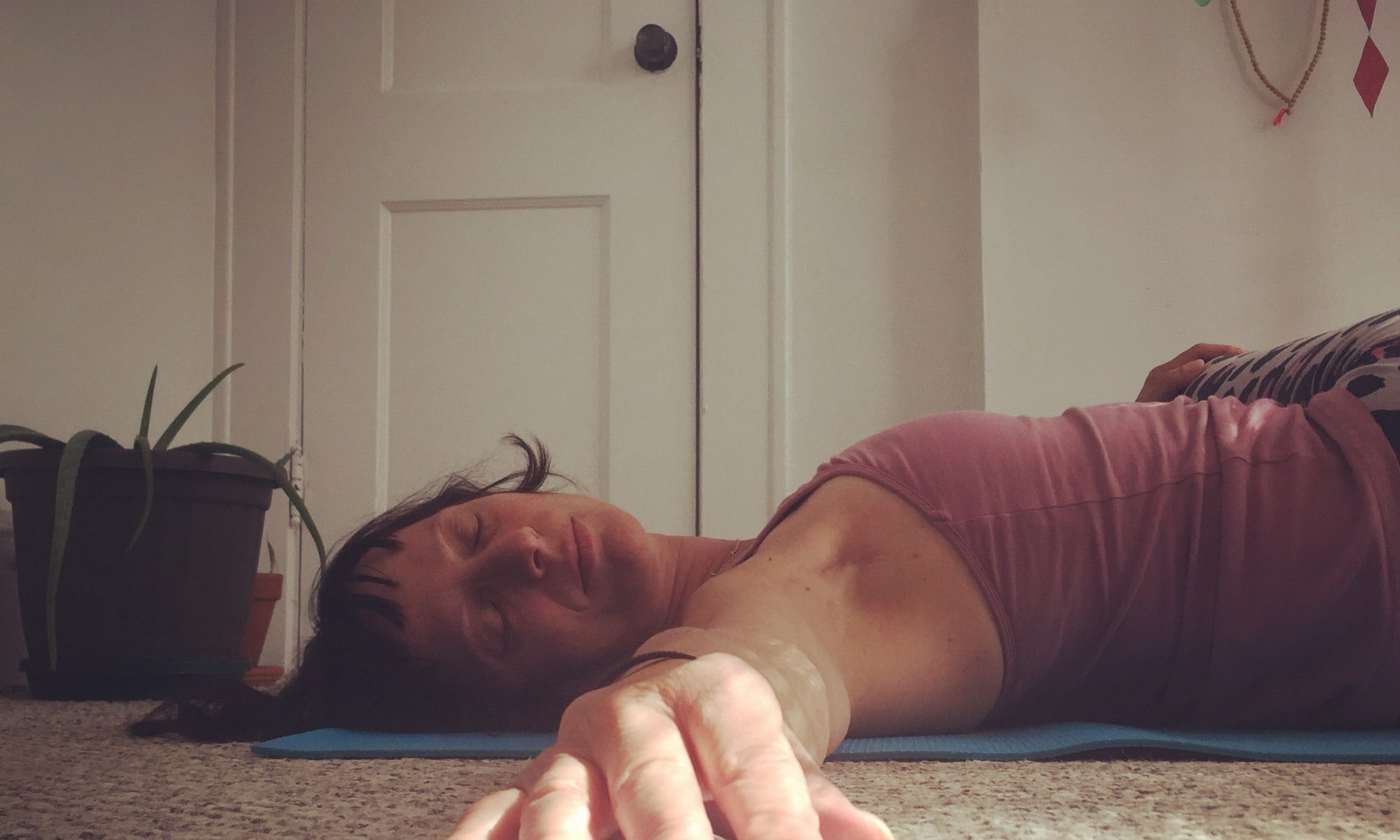The Paralympics have shown that people with disabilities can be athletes. Their secret? They’ve managed to develop resilience. You, too, can nurture your resilience. And you know what? Yoga therapy can help you to just do that.
Paris 2024 has come to a close.
I was personally moved to tears while attending the men’s wheelchair basketball game between the USA and Spain at the Paris Bercy Arena, as well as a morning of para swimming at the Paris La Défense Arena in recent days. And it’s no surprise… I hold a Disability Card myself, so this is my world.
You have to see these high-level athletes, some with severe physical impairments, fully embracing who they are. They are ready to give it their all, with such strength and determination. It was so emotional to watch the Brazilian athlete Gabriel dos Santos Araujo swim—he won countless medals during these Games. At 22 years old, born without arms, and standing at 1.21 meters tall, he moves like a dolphin. He learned to swim instinctively. “There aren’t many things I can do with my body, so I fight with the tools I have, and I work on them to become stronger.”
Resilience is a natural process of survival
Through these Paralympic Games, I saw firsthand how resilience is a true strength. It doesn’t solve the health issue or the disability you may have, but it helps find a new form and rise from the ashes. Resilience is a natural process of survival.
When you think about it, we’ve all had—or currently have—a disability of some sort, even if only temporary. We’re all struggling with some sort of disease. Not to mention life’s accidents, such as breakups, loss of status, a job, etc.
Whatever your reality may be, I invite you to rise once again, to nurture your resilience. Therapeutic yoga is a practice that helps develop resilience—physically, emotionally, and mentally. So join us for our next workshops in Paris 15th, to give form to this extraordinary life energy.
Because until your last breath, and at every stage of your life, you are here to love, reinvent yourself, create, and contribute to the world.
Atelier du 14 sept. 2024
Atelier du 13 oct. 2024
Atelier du 27 oct. 2024
Atelier du 10 nov. 2024
Atelier du 24 nov. 2024
Atelier du 8 déc. 2024





